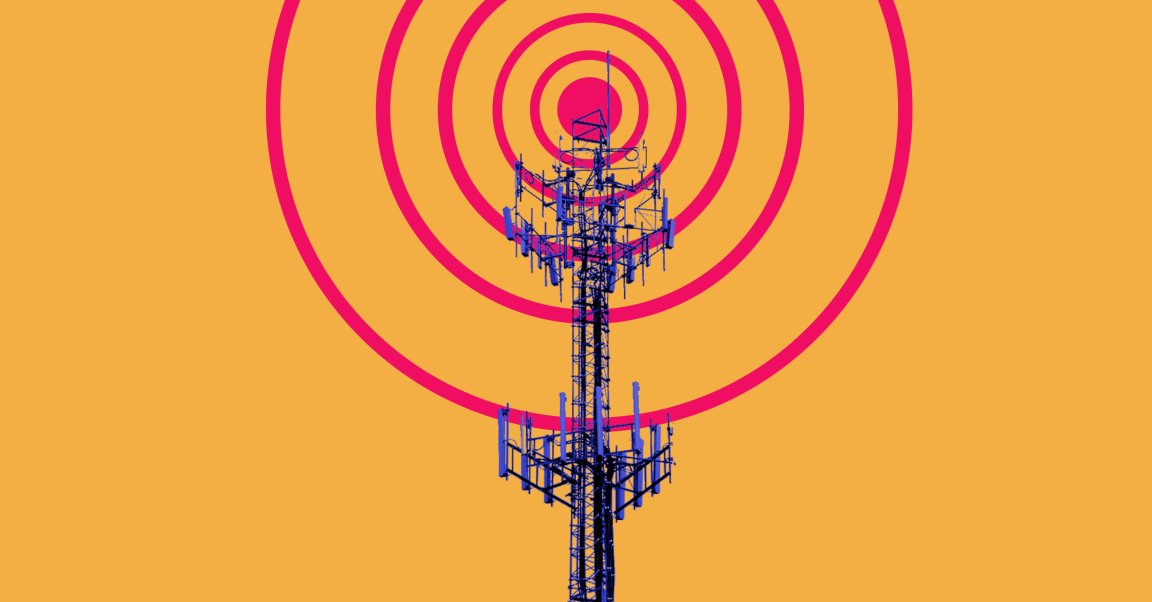
Your cell phone is pretty good, but is it as good as it could be? Sure, you probably have a 4G LTE internet connection that’s so blazing fast that you could downloading an entire HD movie in under an hour, were you to decide to do such a thing. But Big Telecom has decided that you need something bigger, faster, and more responsive, and it’s right around the corner.
After months of deliberation, the group of the biggest telecommunication companies in the world called the 3GPP finally agreed on a standalone standard of 5G — the way faster next generation of wireless data transfer technology.
A brand new, standalone 5G network is not just an upgrade to existing 4G LTE infrastructure. Yes, its download speeds are 100 times faster, bringing loading times on your iPhone to a fraction of their current time. But it also brings a substantial amount of advantages over older networks, including:
- Autonomous cars could have a much easier time sending vital information from one car to the other, and even help ease congestion!
- It could take virtual reality remote and wireless!
- AI systems could run on top of wireless protocols, without the need of a central computer!
- There could be brand new connected devices we haven’t even thought of yet!
But despite all this good a faster data connection could bring, not everybody’s happy.
According to The Conversation, the Australian government found that many of the frequency bands 5G would use were hogged by government agencies, such as weather systems and military radars. And as the reality of 5G creeps closer, the government is struggling to find an arrangement that suits both its own agencies and internet service providers (ISPs) that want to cash in on new frequencies that 5G will open up. For instance, weather radar networks use a frequency that’s very close to those that are being auctioned off to ISPs, making weather data vulnerable to interference, and other spillover effects.
And then there’s the question of jockeying for an upper hand in cybersecurity. Whichever country develops its network first will likely have an advantage, because companies based in that country can start to develop devices with built-in backdoors or chips sold in foreign markets. At least, that’s what the U.S. government thinks will happen. A leaked document penned by the National Security Council said that if China were the first, it “will win politically, economically, and militarily,” as quoted by Wired.
So, back in January, the Trump administration abruptly announced plans to build a 5G network to counter Chinese spying on U.S. mobile devices. But the U.S.’ network is way less developed than those in China and South Korea.
For now, though, the need to making 5G a reality is mostly based on speculation, spiked with a dose of paranoia. We don’t yet have any proof that Chinese devices are actually spying on U.S. consumers
What we do know, is that a 5G network can open a lot of doors — for consumers, industries, telecom companies, and governments alike. And everybody wants the biggest slice of the cake, even if we haven’t even figured out what to really do with it yet.